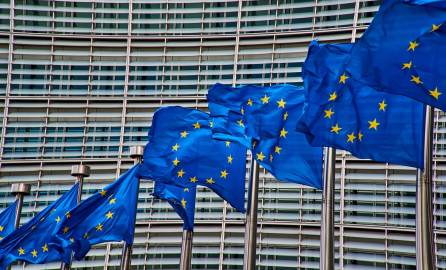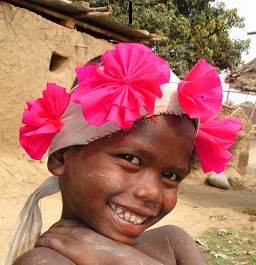The European Commission is putting in place a new approach to fragility to assist Delegations in situations of fragility and crisis management, which was presented at a recent pilot training in Brussels.
The new approach draws on the overall vision of the Agenda for Change and the New Deal for engagement with fragile states, endorsed in Busan in November 2011. It also builds on existing European Commission guidance on programming and implementation in fragile or crisis situations and policy dialogue with international partners like the United Nations and World Bank, among others.
To assist Delegations in situations of fragility and crisis management in taking forward the approach, EuropeAid’s Unit A5 Fragility and Crisis Management, in cooperation with the European External Action Service and the EC’s humanitarian arm ECHO, organised a "Fragility Workshop" in Brussels in early July.
Experience-based understanding of the difficulties that Delegations face in situations of fragility and crisis – what to do, when to react, while acknowledging that all crises are different – was one of the key objectives of this two and a half day workshop.
“As per the mission statement we have a two-fold role: one is to design the policy framework for cooperating with the fragile states, but on the other hand we are meant to provide to the organisation the necessary tools and guidance ... in order to better address situations of fragility and of crisis... we also have the role of maintaining the policy dialogue with other international actors and of coordination within the EU institutions,” said Denisa Ionete, Head of Unit, Fragility and Crisis Management, EuropeAid.
The pilot training is designed to help EC staff to bring the issues associated with working in fragile situations into the very core of their daily work, deploy more quickly in fragile situations and use the tools available to them to their best result.
“A big thing for us is to help staff mainstream fragility in development cooperation,” said Patrick Simonnet, Deputy Head of Unit, Fragility and Crisis Management. “Another big issue is to help staff mobilise more rapidly and flexibly our financial instruments.
| Public Group on Fragility |
|
See the full video interview with Denisa Ionete See the full video interview with Patrick Simonnet More information is available in the Public Group on Fragility |
But the dialogue isn’t all one way. A vital part of the training, according to Mr Simonnet, is to provide an opportunity to gather feedback from staffers working on the front line of development cooperation. What he calls “a reality check” for management at headquarters.
Indeed, flexibility was one of the main themes of the pilot training event. Another core theme was that of state building which is a central duty of development organisations operating in fragile situations but one that requires long-term commitment and planning.
“State building is vital, as long as people realise it takes a long time,” said Peter Maher, Head of Operation EU Delegation to East Timor. “And it’s about human capital.”
Anna Renieri from the EU Delegation to Chad echoed Mr Maher’s view, adding that investment in a functioning state can reduce chances of conflict.
“Once a state is able to provide basic services to its own population - we were hearing at the training – then that reduces dramatically the possibility of violence,” said Ms Renieri.
Training attendees also heard about the benefits of taking a diversified approach to development cooperation, decentralising some of their interventions to ensure that benefits are brought as close as possible to the people who need them.
“We [should] try to have an impact more on the short-term and that’s where the civil society can also come in and have a stronger role in our development cooperation,” Ms Renieri added.
While acknowledging the challenges of fragility, participants, who came from 12 Delegations across the world and HQ services, reviewed the training and concluded that it should be repeated on a regular basis.
“I think it is very useful to learn from the experience of other colleagues,” said Paula Vazquez Horyaans from the EU Delegation to Liberia. “We cannot say that fragility has [certain] characteristics and there is just one model to be applied to all countries – every country is different - but I think we can learn from each other.”
| EC and EEAS Staff |
| EC and EEAS Staff who are signed in to capacity4dev.eu can access complementary documents and watch more videos from participants giving their feedback from the event by going to the EU Internal Group on Fragility |
This collaborative piece was drafted with input from Denisa Ionete, Patrick Simonnet, Catherine Audouze, Paula Vazquez Horyaans and Anna Renieri with support from the capacity4dev.eu Coordination Team.



Log in with your EU Login account to post or comment on the platform.